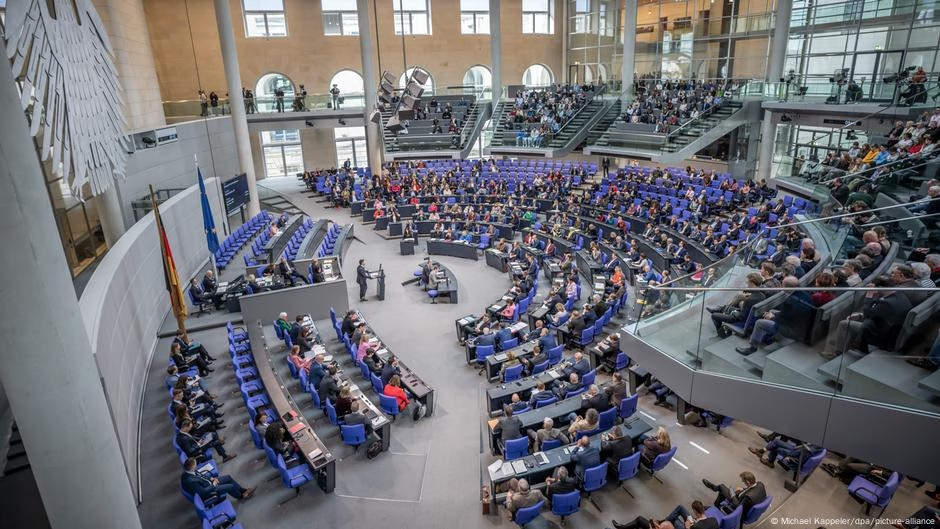Germany’s voting system provides its citizens with two votes: one for their preferred local candidate and another for the national party they support. Due to the reform, the overall representation of a party — determined by the ‘second vote’ — could not exceed their proportional representation in parliament. Consequently, 23 candidates across the country who won the most direct ‘first votes’ for their seat couldn’t secure a place in parliament.
Ulrich, among these, was visibly incensed. When Green Party candidate Claudia Roth, who secured a parliamentary seat herself but through the second vote, approached to congratulate him, Ulrich refused to shake her hand, telling her, “You are not a democrat!” He later apologized for his outburst but insisted that the reform was “unfair and undemocratic.”
CDU Elects to Overhaul the Reform
Post-election, Friedrich Merz, the leader of the victorious conservative bloc comprising the CDU and CSU, pledged to overhaul the election reform. Arguing that the reform was deliberately designed to disadvantage his alliance — as the CDU/CSU usually secures the most direct candidates — he claims 18 of the successful candidates denied parliamentary seats were from his party.
In recent days, Markus Söder, the CSU leader, has threatened to make the reform’s repeal a condition in future coalition discussions with the Social Democrats. He views the current system as a final act of revenge on southern Germany and has vowed to change it.
However, this might not benefit Yannick Schwander, a CDU candidate in Frankfurt, who narrowly won his district but was aware of his fates on election night, given the new rules. Schwander expressed his frustration, arguing the reform undermines a fundamental democratic principle: the person with the most votes gets the mandate. Politically, he believes the reform will polarize the Bundestag further, with rural areas sending more conservative candidates and cities sending more left-wing representatives.
Sebastian Jäckle, a Freiburg University political scientist, doesn’t entirely agree. He points out that the German constitution doesn’t guarantee direct representation as Schwander argues, note that all Bundestag members represent the ‘whole people,’ not specific electoral districts. Jäckle acknowledges the potential for increased polarization due to the reform but suggests that finding a universally agreeable solution will be challenging.
Possible Compromise?
Though the need for a smaller Bundestag is universally acknowledged, reaching a compromise that satisfies all parties won’t be straightforward. Options include creating larger, fewer electoral districts or introducing parallel voting, where two distinct groups of parliamentarians are elected independently of each other’s representation mathematically. This proposal has been debated but faces opposition from smaller parties concerned about their representation.
Comprehensive electoral overhauls carry intrinsic complexities, and the search for a solution must consider the need for a manageable parliament size while preserving the principle that election victories translate to mandates.
Edited by Rina Goldenberg
While you’re here: Every Tuesday, DW editors round up the latest in German politics and society. Sign up here for the weekly email newsletter Berlin Briefing.








